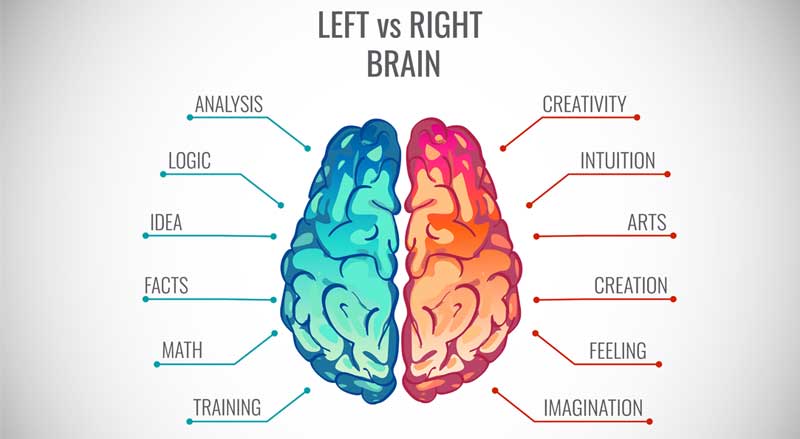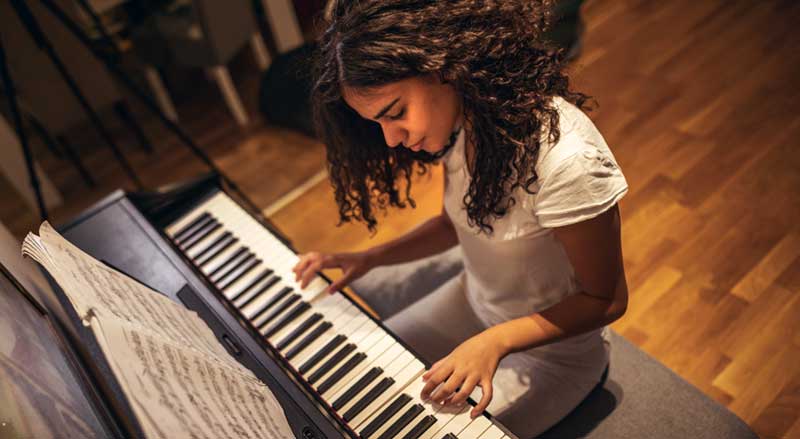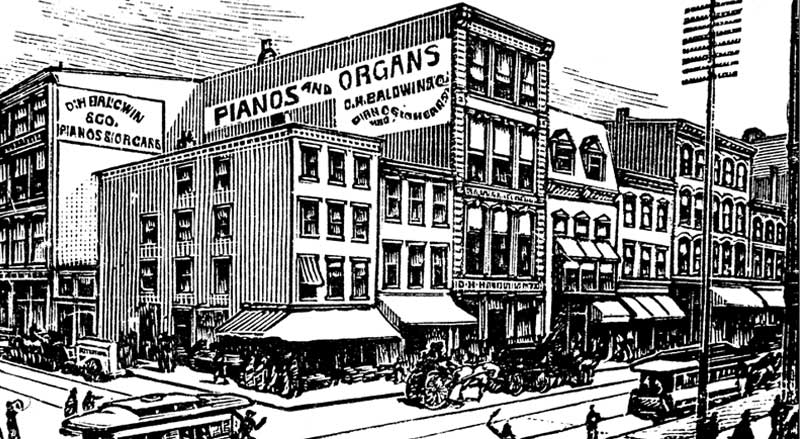
- bnaturalPianoAdmin
Music can evoke fond memories, first loves, and other nostalgic feelings. Many people enjoy listening to music because it lightens their mood or reminds them of happy times from their past.
You may wonder why music is so closely linked to memory? And can music improve your memory?
Using Music to Help Patients with Dementia

Researchers have well documented that music helps patients suffering from dementia or Alzheimer’s disease.
Dan Cohen, the Founder and CEO of Right to Music—an organization that promotes the use of music to help care for people with dementia—is well known for his commitment to helping patients with this condition. When Cohen was a social worker, he asked patients’ family members to compile lists of music their loved ones once enjoyed. He then created individualized recordings for patients to listen to. The results were nothing short of astounding.
Some patients, who barely spoke anymore, began to sing and dance along with the familiar music. Others could recall where they were when they heard the music. The dementia patients could often access musical memories even when other parts of their memory, such as the name of a beloved family member, remained lost. It acknowledged music as an important tool in helping people with dementia and Alzheimer’s disease.
The film Alive Inside documented Dan Cohen’s work with patients.
Does All Music Help Dementia Patients
While music cannot cure dementia or Alzheimer’s disease, it can improve the quality of life for these patients.
Cohen used many types of music in his work. And he found that the helpful music wasn’t limited to just one genre. All music seemed to have a positive effect, whether it was pop, rock, jazz or other.

Happily, the music had lasting effects for many patients. They showed improved moods, less agitation, and a stronger sense of identity.
However, for all people—and especially those with dementia—music can create unpleasant results if it’s associated with disagreeable memories.
How Music Helps Dementia Patients with Recall
It’s believed that the parts of the brain used to identify motor sequences in music may still function despite a patient having dementia. A person may remember these sequences but no longer have semantic memory for the specific times and places. The motor sequence remains because people have sung lyrics or thought about them many times before.
This same enduring memory function allows people with dementia to play music on an instrument, just like they did many years ago.
Researchers have concluded that the parts of the brain involved in music memory remain unaffected until the later stages of dementia and Alzheimer’s.
How Music Memories Live in the Brain
Clearly, music has a powerful effect on parts of the brain. How often have you intensely recalled a memory just by hearing a song on the radio? This happens because in your brain the music has created a deep neural connection between the music and an event.

Singing helps people who are recovering from a stroke or other brain injury that has affected the left side of the brain—the area associated with speech. Speech therapy helps people relearn to speak by first singing their thoughts—an activity that originates on the right side of the brain. Then the patients learn how to drop the melody and express their thoughts without music.
Music and Healthy Brain Function
Healthy people can often learn words faster when they first sing them. That’s why some advertising jingles are so effective in developing brand recall. Marketing professionals combine rhyme, repetition, and melody to create a hard-to-forget message.
When a person is listening to or playing a musical instrument, the areas of the brain associated with memory, emotion, reasoning, and speech become involved. And while patients with dementia benefit by being able to retrieve memories, music helps healthy people create fresh memories.
Listening to or creating music involves the hippocampus and the pre-fontal cortex in the brain. The hippocampus is involved with memory, learning, and emotion. It works to retain short-term memories and transfers them to long-term storage in the brain. The pre-fontal cortex regulates thoughts, actions and emotions by connecting to other regions of the brain. The brain creates a link that is present in both our long and short-term memory.
Music helps create a stronger memory, and the music remains connected to the memory in the brain–much in the way a soundtrack accompanies a movie. Music connects us to favorite memories, and some of our most powerful memories have a musical component.
Making Music and Memories
Learning to play a musical instrument is fun. But it’s nice to know that playing a musical instrument also has a positive influence on:
- Memory
- Fine motor skills
- Speech and language
- Verbal and non-verbal reasoning
- Cognitive and emotional development

And these benefits don’t just impact your musical talent—they extend to other areas in your life as well. This happens because learning music strengthens the connections between the brain’s left and right hemispheres.
Read about how listening to music vs. playing music affects you.
Explicit and Implicit Memory
You use your explicit memory to consciously retrieve information you need immediately. Remembering a business associate’s name who you run into on the street is an example of explicit memory.
Implicit memory, or automatic memory, is part of the unconscious part of our brain; it’s not consciously retrieved. Music can trigger these unsolicited memories. An example is hearing the first dance song from a friend’s wedding and immediately recalling the fun you had there. This is just one example of how listening to music activates a long-term memory response.
Music and Health
Studies have shown that music has a positive impact on our health.
Along with improving our memory, music can:
- Lower blood pressure
- Reduce anxiety
- Reduce pain
- Improve mood
- Improve mental alertness
- Help the nervous system recover more rapidly
- Slow cognitive decline in people ages 62-78
- Increase the brain’s gray matter
Music can have lyrics or be instrumental. What is important is that all types of music contain rhythm, harmony, and emotion.
Some people find that repetitive music with a slower tempo and no lyrics can improve their concentration. If you are interested in purchasing a musical instrument or taking music or voice lessons, contact us at B Natural Pianos & Music School.



